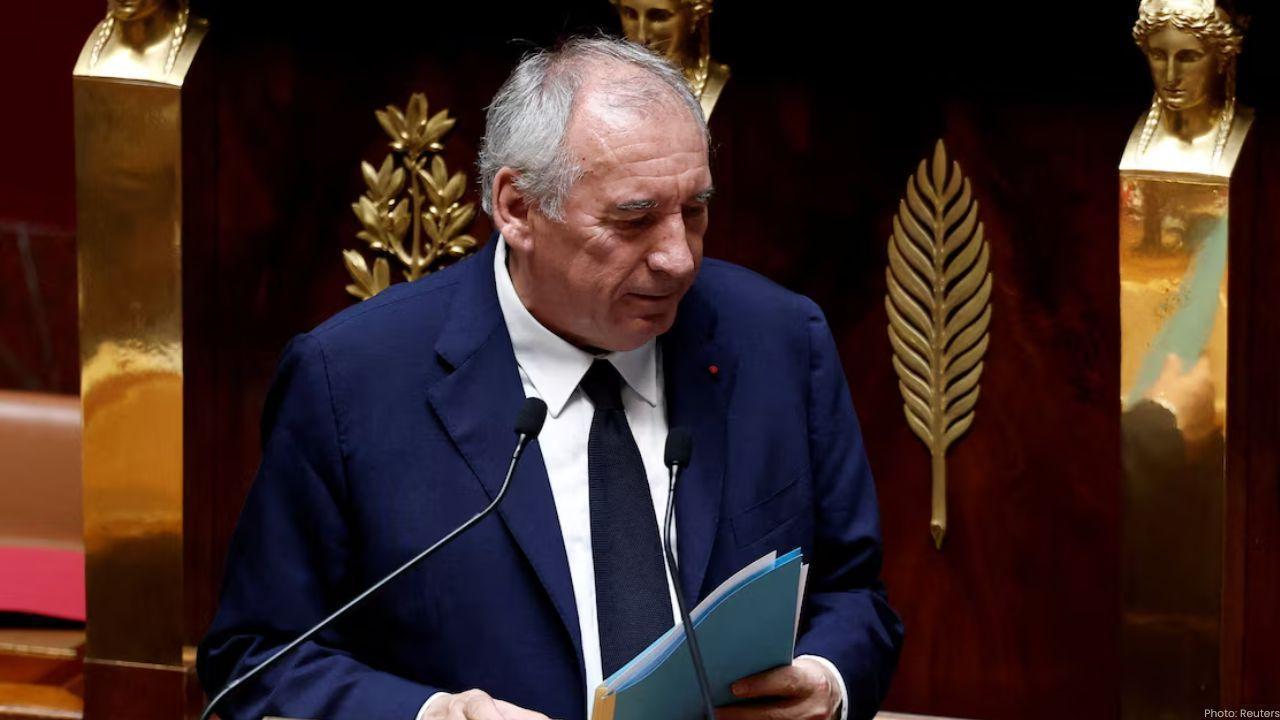
Post by : Layla Badr
France is facing a serious political crisis after Prime Minister François Bayrou lost a crucial confidence vote in the National Assembly. This defeat signals a major shake-up in the French government and has left citizens and politicians wondering what will happen next.
Bayrou’s Defeat in the National Assembly
On Monday, François Bayrou faced a confidence vote in the National Assembly and lost by a large margin, with 364 votes against him and only 194 in favor. Following this defeat, Bayrou announced that he will present his resignation to President Emmanuel Macron on Tuesday. The resignation sets the stage for a period of political uncertainty in France.
Stay informed with the latest news. Follow DXB News Network on WhatsApp Channel
President Macron now has several options. He can appoint a new prime minister from the center-right, attempt to pivot to the left by selecting a leader acceptable to the Socialist Party, or dissolve the parliament and call for new elections. Meanwhile, far-left parties like France Unbowed are demanding that Macron resign himself, though this is considered highly unlikely by most political commentators.
If Macron does appoint a new prime minister, France will see its fifth prime minister in less than two years, highlighting the instability and public dissatisfaction that have marked Macron's second term.
The Background: Why Bayrou Fell
Bayrou’s downfall came after he linked the survival of his government to an emergency confidence debate focused on France’s national debt. He had warned throughout the summer that France faced an “existential” threat if it did not take urgent measures to control its €3.4 trillion debt, which is about £2.9 trillion.
In his 2026 budget proposal, Bayrou suggested cutting two national holidays and freezing welfare payments and pensions. These measures were aimed at saving €44 billion and reducing France’s growing financial burden. However, these warnings failed to gain traction with other political parties. Instead, opposition parties saw the confidence vote as a chance to challenge Bayrou personally and also to strike at President Macron’s government.
Because Bayrou lacked a majority in the National Assembly, both left-wing and far-right parties united against him, leaving his government vulnerable. Many political analysts have described the confidence vote as political suicide, suggesting that Bayrou could have avoided confrontation and spent the coming months building support for his policies.
Bayrou’s Message to Parliament
In his speech before the vote, Bayrou framed his stance as a message for future generations rather than immediate political gain. He warned that France’s growing debt could enslave young people, comparing financial dependence to submission under arms. He told MPs, “You may have the power to bring down the government. But you cannot efface reality,” emphasizing the long-term dangers of ignoring fiscal responsibility.
Despite his warnings, members of parliament from both the left and hard-right dismissed his arguments. They accused Bayrou of trying to shift blame for France’s financial troubles away from himself and President Macron.
Public Reaction and Protests
In France, Bayrou’s warnings about debt did not resonate strongly with the public. Polls suggest that citizens are more concerned about issues like the cost of living, security, and immigration than about controlling national debt.
In response to Macron’s policies, a movement called Bloquons Tout (Let’s Block Everything) has announced plans for a series of sit-ins, boycotts, and protests starting Wednesday. Additionally, several unions have scheduled demonstrations for 18 September, showing growing unrest across the country.
France’s Economic Challenges
Economic experts warn that France faces serious financial difficulties in the coming years. The cost of servicing the national debt is expected to rise dramatically, from €30 billion in 2020 to more than €100 billion by 2030. This comes at a time when Macron is promising additional funding for defense and other state priorities, while opposition parties demand the reversal of pension reforms that raised the retirement age to 64.
Political History Leading to Bayrou’s Appointment
François Bayrou took over as prime minister in December after Michel Barnier was unable to get his budget through the National Assembly. Bayrou was initially able to pass a budget thanks to an agreement with the Socialist Party. However, relations with the Socialists deteriorated after disagreements on pension reforms, leaving Bayrou politically isolated.
Some political analysts suggest that Macron may now consider appointing a left-wing prime minister to navigate the current crisis. However, the Socialist Party has made it clear that they want a complete break from Macron’s pro-business policies and demand a repeal of the pension reform. Accepting these conditions would effectively undo much of Macron’s policy legacy, making such a move unlikely.
Possible Successors
Given the current political landscape, Macron is expected to choose a new prime minister from within his own camp. Several names have been mentioned as potential candidates, including Defence Minister Sébastien Lecornu, Labour Minister Catherine Vautrin, and Finance Minister Éric Lombard. Any new appointment will aim to stabilize the government while navigating a parliament divided on key issues.
What This Means for France
The resignation of François Bayrou underscores the instability of French politics at this moment. With no clear majority in parliament and growing public dissatisfaction, Macron faces a challenging period ahead. Economic pressures, social unrest, and political divisions mean that the government must act quickly to restore confidence and maintain stability.
In summary, France now faces a period of political uncertainty, with the resignation of its prime minister, possible changes in leadership, protests on the streets, and ongoing economic challenges. The decisions taken in the coming days will shape the future of Macron’s presidency and the country’s political direction for years to come.
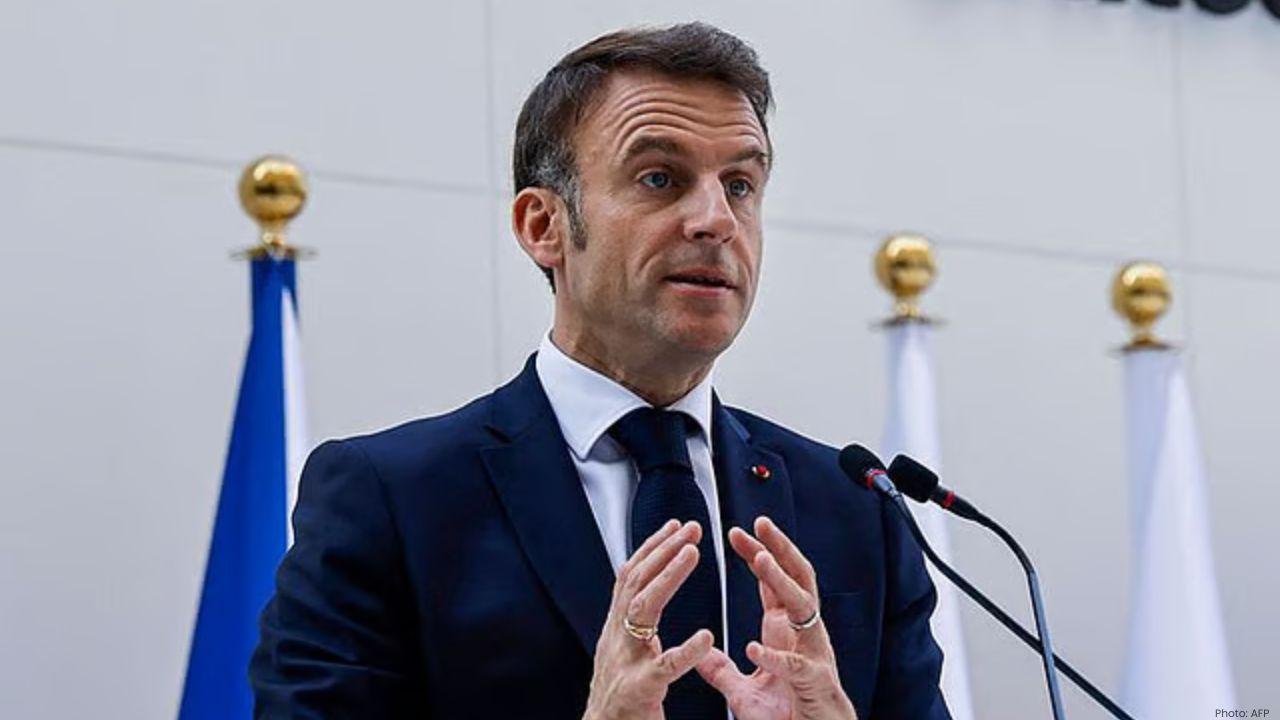
France in Crisis: PM Bayrou Resigns Amid Political Turmoil
France faces political unrest as PM François Bayrou resigns after losing a confidence vote, leaving

IGCF 2025 in Sharjah: Global Leaders Unite for Better Life
IGCF 2025 begins at Expo Centre Sharjah, uniting 237 speakers to discuss food, health, education, su

Sandro Tonali Scores Injury-Time Winner as Italy Beat Israel
Italy snatched a thrilling 5-4 win over Israel in World Cup qualifiers with Sandro Tonali scoring a

Sandro Tonali Scores Injury-Time Winner as Italy Beat Israel
Italy snatched a thrilling 5-4 win over Israel in World Cup qualifiers with Sandro Tonali scoring a

Nepal Protests: Kathmandu Airport Closed Amid Gen Z Agitation
Nepal's Kathmandu faces violent Gen Z protests over social media ban; 19 dead, airport closed, fligh

Monsoon Alert 7 Vegetables to Avoid for a Healthy Rainy Season
Avoid these 7 vegetables during monsoon to stay healthy prevent stomach issues and enjoy a safe n

Deadly Jerusalem Attack Kills Six, Eight Injured by Gunmen
Six Israelis were killed and eight wounded in a shooting attack at Jerusalem’s Ramot Junction. Israe
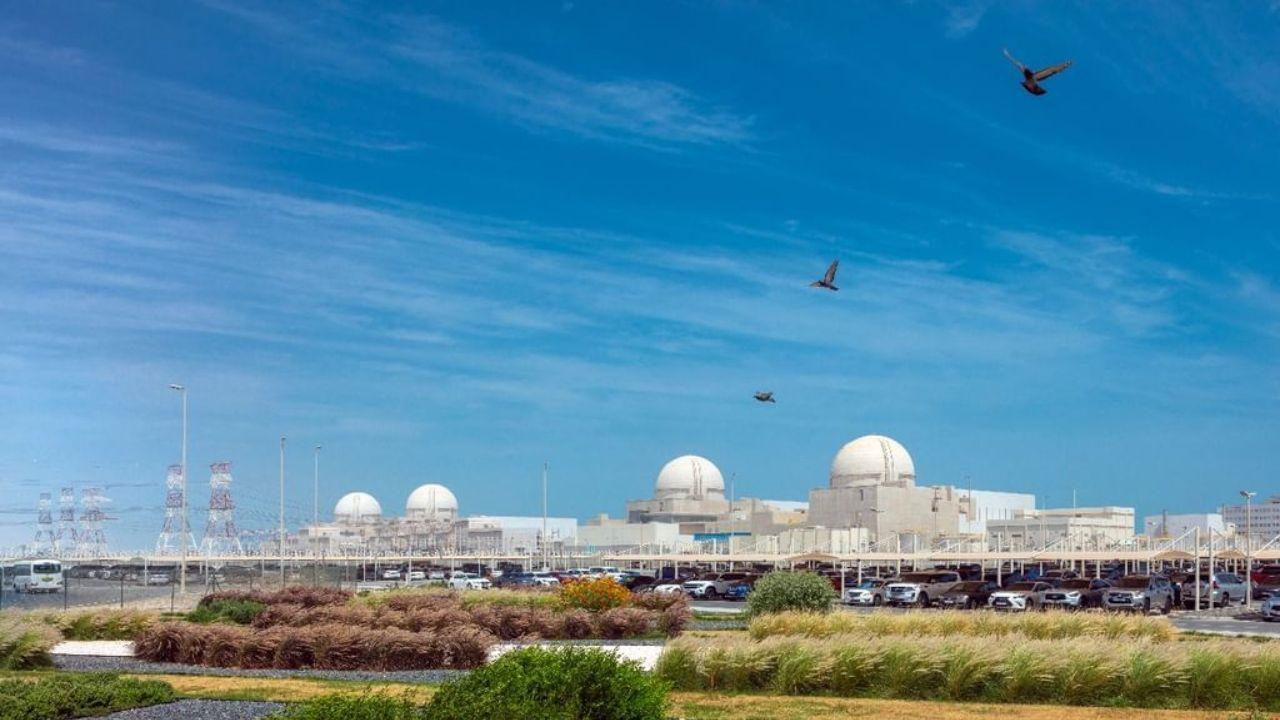
Barakah Nuclear Plant Completes One Year of Full UAE Power Supply
Barakah Nuclear Plant marks one year of full operations, providing 25% of UAE electricity and cuttin
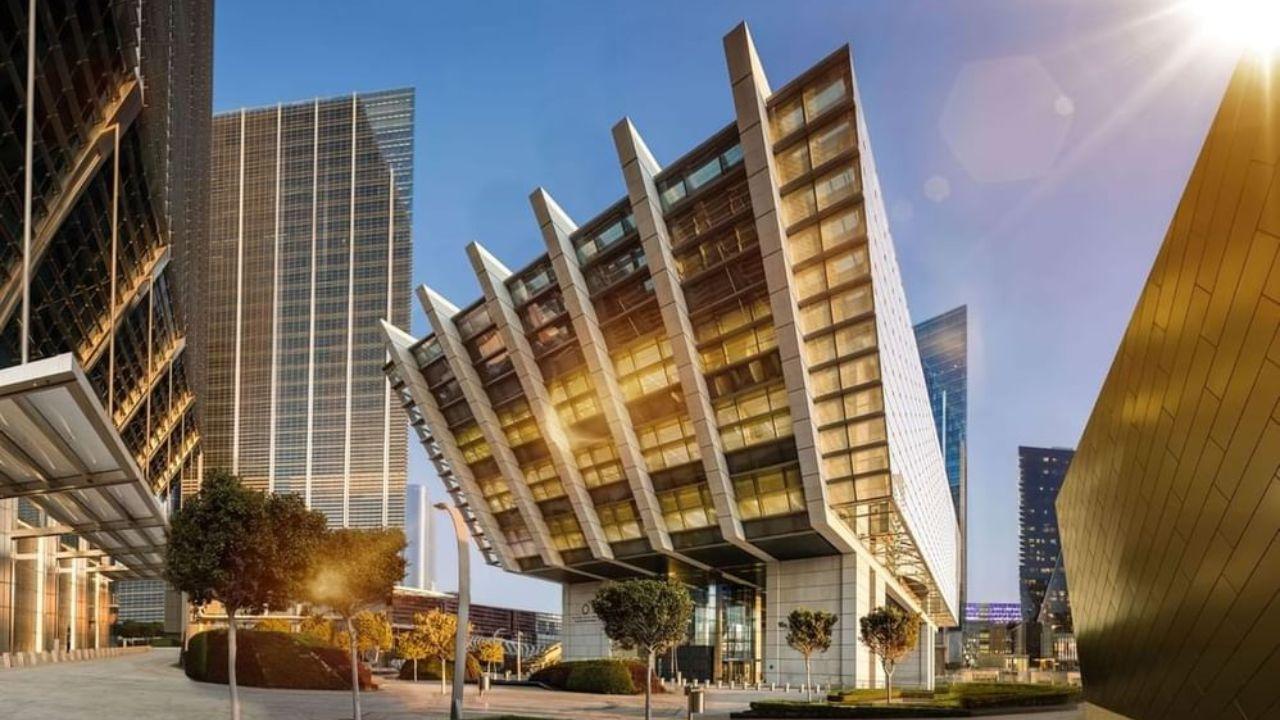
GCC launches unified 2025 guideline to boost investor relations
A new GCC-wide 2025 Investor Relations Guideline aims to unify practices, strengthen transparency an
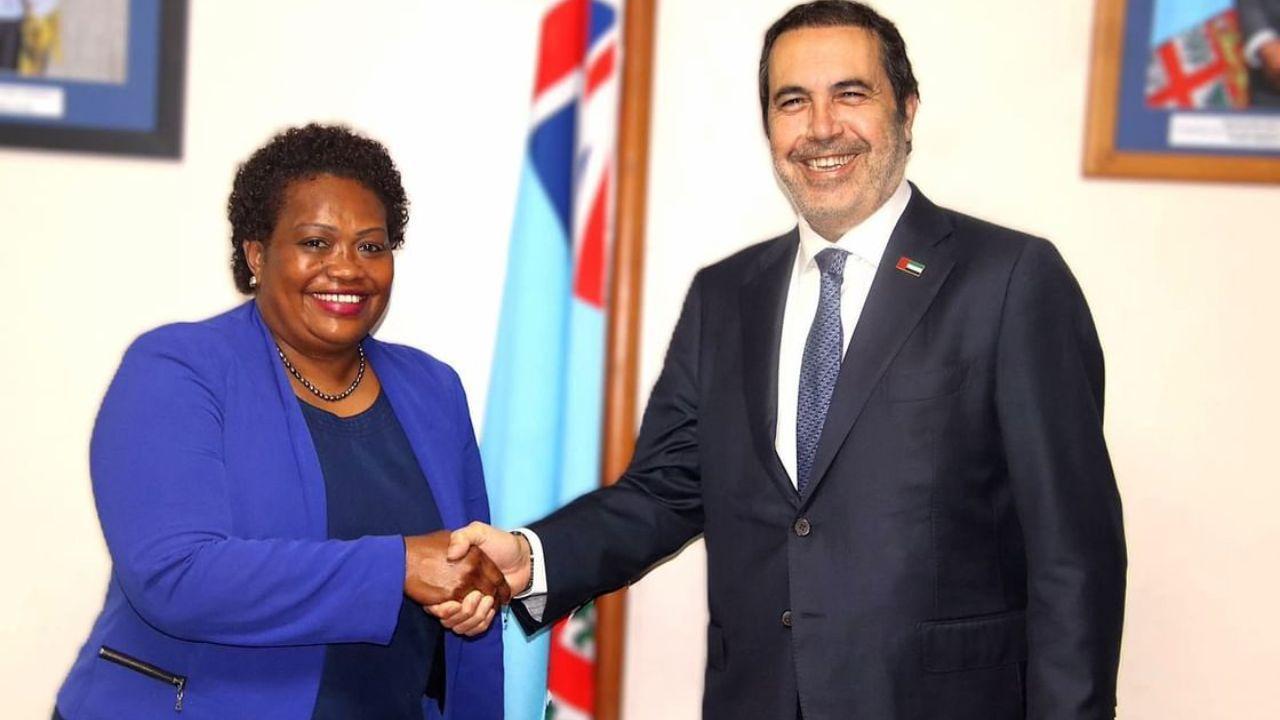
UAE and Fiji explore new paths of cooperation in key growth areas
A UAE delegation visited Fiji to boost ties in economy education sports and climate action, highligh

Sharjah boosts India tourism links with 2025 Mumbai Delhi roadshow
Sharjah concluded its India roadshow in Mumbai and Delhi, signing key deals, promoting tourism and r

Umm Al Qaiwain Unveils New Tourism Identity for Global Growth
Umm Al Qaiwain launches new identity to boost tourism, highlight heritage and attract global investm
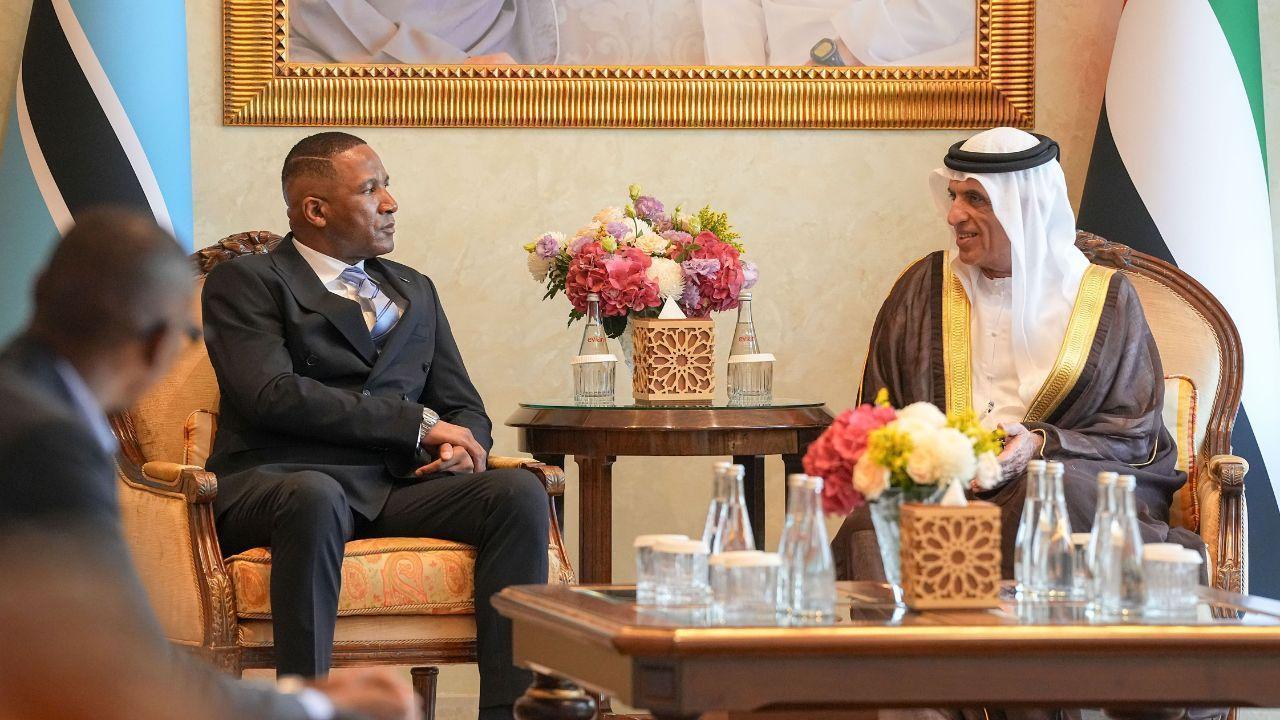
Ras Al Khaimah Ruler meets Botswana President to boost ties
Ras Al Khaimah Ruler welcomed Botswana’s President to discuss stronger ties, economic cooperation an
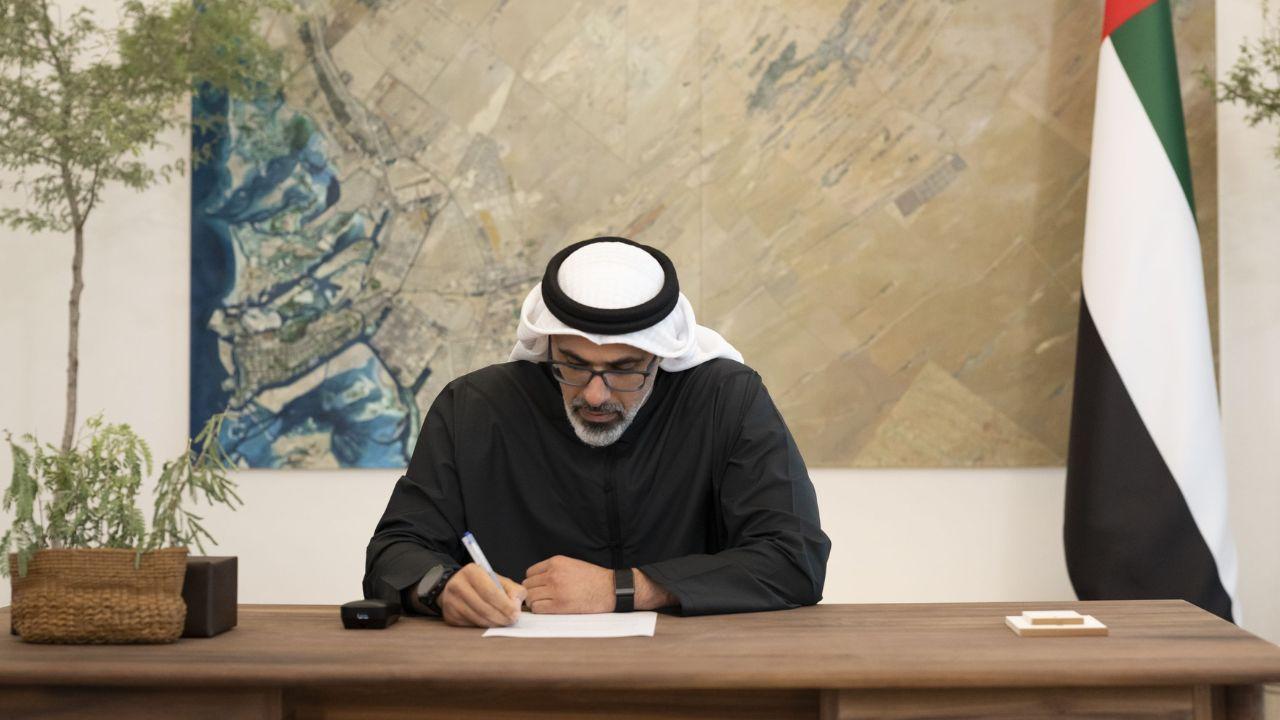
UAE Crown Prince joins BRICS Virtual Summit highlights unity
UAE Crown Prince Khaled bin Mohamed joined the BRICS Virtual Summit, stressing global cooperation, s
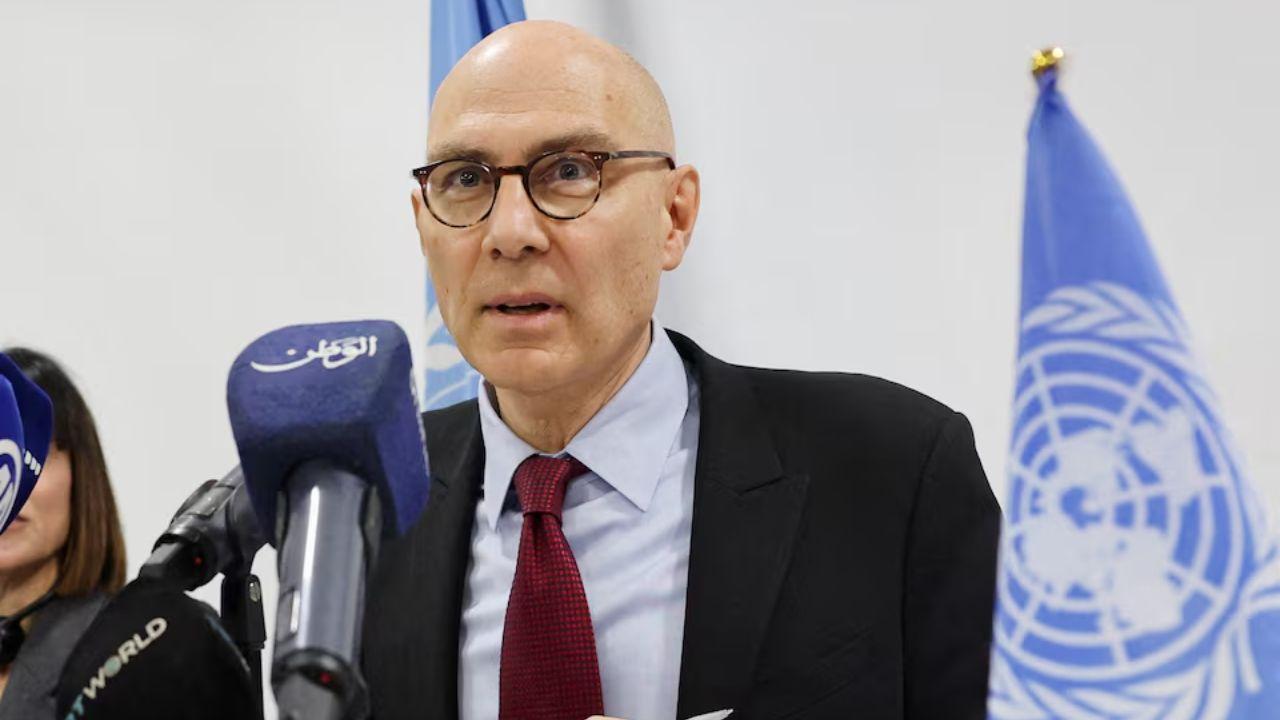
UN Rights Chief Condemns Israel’s Civilian Deaths in Gaza
UN rights chief condemns Israel for mass civilian deaths in Gaza, blocking aid, and using dehumanizi